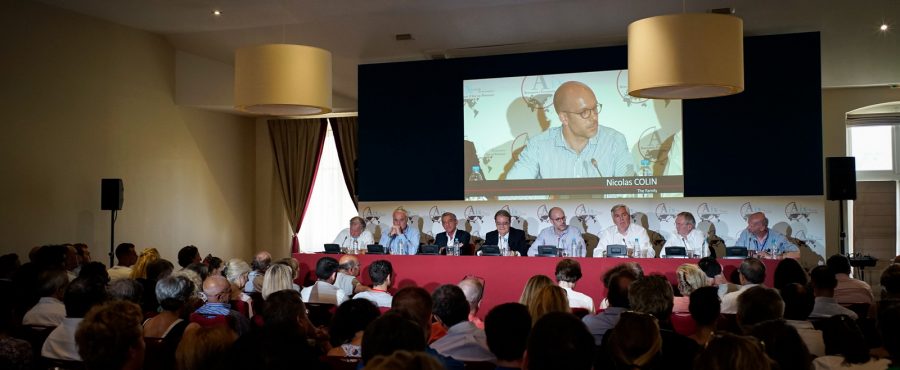8 Jul 2017
Should Innovation Be Controlled?
Session 13

In today’s world, innovation is increasingly multifaceted: it applies to objects; processes; human, technical and commercial relationships; organisational models and people themselves. Innovation makes its mark over time with novelties that may be short- or long-lived. Controlling innovation seems to be both crucial to protect companies and consumers as well as complicated to do without hindering wealth creation. And yet, given the fast pace of technological progress and a strong entrepreneurial culture, control measures are often difficult to adapt, especially when several geographical levels – national, European and international – converge.
Furthermore, technological, financial, organisational and social shifts continually bring new challenges with them that society needs to address. The development of new business models, such as the sharing economy or innovative start-ups, is upsetting the established order and requires new solutions for control and regulation.
As new players such as Uber and Airbnb emerge, the regulatory state often appears ill-equipped to manage the conflicting interests of transnational platforms with considerable economic influence and established businesses that watch as their models are turned upside down. How should the ever-increasing numbers of new collaborative platforms and their impact on the national economy be handled? Are state-level regulations still relevant in the regulation of transnational economic players? Should we be promoting global regulations?
In any event, the State is central to innovation today: not only for regulating innovation but also for supporting R&D and the creation of an innovation-friendly framework (e.g., business clusters). How will the state’s role evolve? What effect does the ageing population in Western societies have on supporting innovation? Should the State establish firm limits on innovation? Should the State take precautions regarding innovation in sensitive areas such as food and biology?























































































